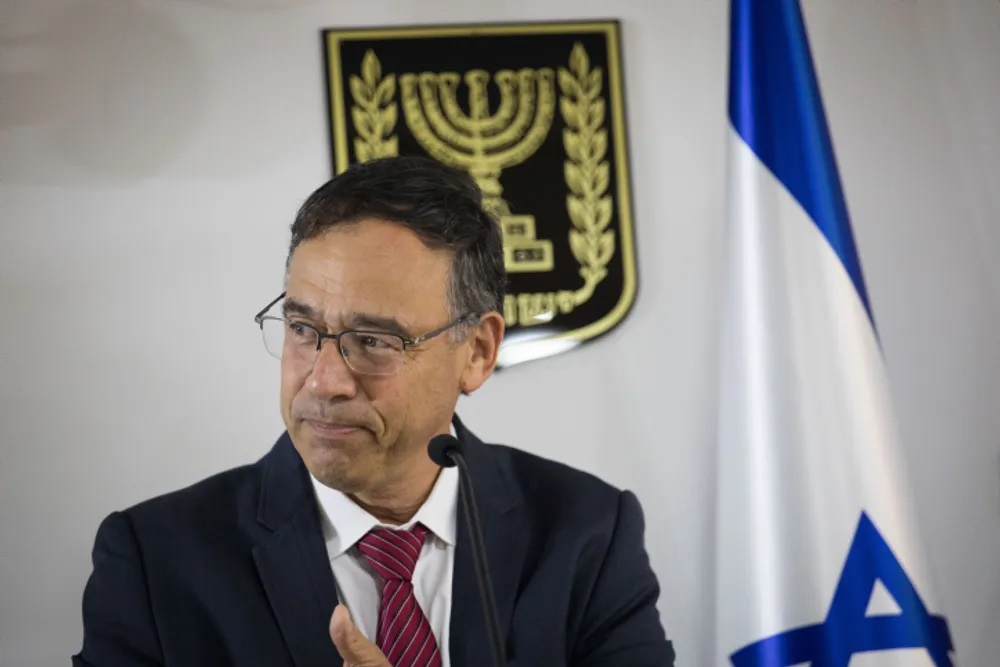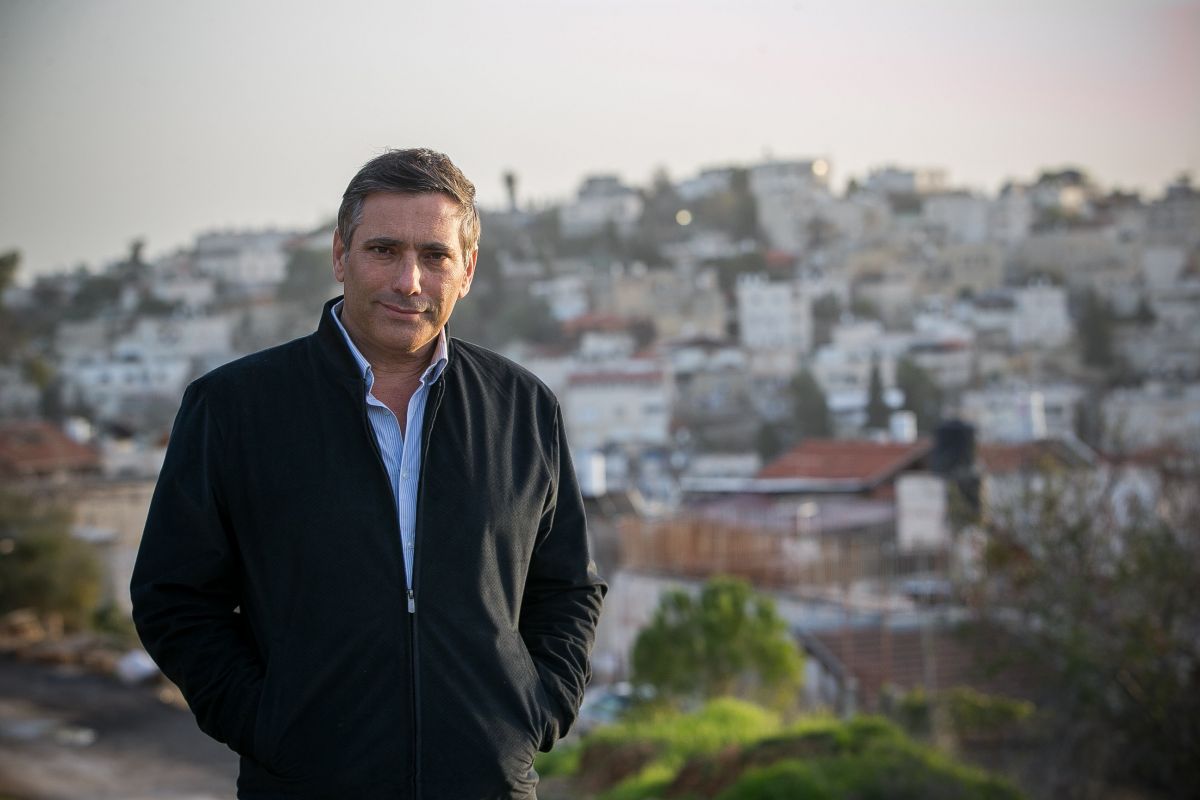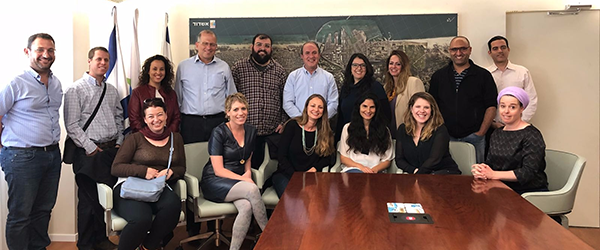Gvanim’s Journey: Adapting and Impacting
In the year 2000, less than 5 years after the assassination of Prime Minister Rabin, a diverse group of Israeli changemakers joined a Federation effort to heal the sectarian rifts that ran throughout the country, particularly among four sectors: Zionist Jews, ultra-Orthodox (Haredi) Jews, secular Jews and Arab Israelis. Each have separate school systems, their own media sources, different major cities, and separate lives. In order for Israel to maintain a Jewish and democratic identity, these siloed groups within Israeli society need to work together in order to create a platform for building the next chapter of Israel together.
The Federation’s Gvanim (Hebrew for “hues”) program fosters this cadre of leaders to be invested in a shared, pluralistic vision for Israel’s future and to work towards that goal within their own circles of influence.
Empowering Leaders From Across the Diverse Landscape of Israeli Society
In the years that followed, Gvanim cohorts have made an immense impact throughout every ethnic, racial and religious silo of Israeli society. Below are a few examples of how the influence of its alumni has been felt from the grassroots to the top tiers of Israel’s government, industry, and culture.

In the Ministry of Justice, Gvanim alumnus, Shai Nitzan while serving as Israel’s State Attorney, was so committed to the promotion of diversity that his Gvanim program was adopted by the Ministry’s director general as a training program for all the Ministry’s managerial teams.

In the nonprofit world, the Israeli social entrepreneur, lawyer, journalist and Gvanim Fellow, Yaron Kanner received Federation funding to establish the “Hinam Center” An organization that promotes social tolerance throughout the country. As part of the 71st Independence Day events, President Reuven Rivlin awarded the Center Israel’s Unity Award.
Gvanim’s impact has even made its way to the Knesset. Rachel Azaria, a Gvanim alumnus, one- time Knesset member and former Jerusalem deputy mayor, has participated in over fifty campaigns and movements for social change. She has been deeply engaged in the campaign to fight various types of exclusion, such as banning women from singing in public, separating women from men on city sidewalks, forcing women to sit at the back of the bus, and the elimination of pictures of women in advertising. Like many Gvanim alumni, she is a force for inclusivity.
And though there are many more stories of Gvanim’s direct impact throughout the nation, the goal moving forward, according to Federation Israel Director, Barak Loozon, is to expand its impact… exponentially.
The 60,000 shekel question is how?

An Incubator, Not an Operator
“We're changing how we work when it comes to Gvanim,” said Loozon during a recent meeting-packed visit to the Bay Area. “The plan is to scale it up and spin it off so other organizations with much more capacity can develop the program further and build on its success.” And the organization with more capacity than Federation isn’t another non-profit or NGO: it’s Israel’s own government.
How We Got Here and Where We’re Going Next
A few years ago, a Gvanim initiative called Israeli Hope in Academia promulgated diversity and multiculturalism in Israeli colleges and universities to create a stronger, more cohesive, and shared Israeli society. It was an extraordinary achievement. So successful, in fact, that a scaled-up version of that program was recently adopted by Israel’s Ministry of Education, enabling thousands of teachers to go through a 3-day Gvanim-like program bringing together Jewish, Arab, orthodox, and secular teachers from all around Israel. And it will be 100% paid for by the government.
The objective of “incubate, accelerate, and scale it up” is the new modus operandi for the Federation’s initiatives in Israel, However, not everything has changed. The Federation will remain a steadfast partner with Israeli organizations and community leaders that demonstrate a commitment to social cohesion and shared future for all sectors of Israeli society. It will continue to serve as a convener, bringing its partners together to form cross-sector relationships and new networks of leaders. And of course, the Federation will remain extremely active in allocating grants. In fact, the most recent count includes 34 grants that are targeted toward social cohesion, fulfilling basic human needs, alleviating poverty, and closing gaps throughout Israeli society.
For more information on our work in Israel, contact Barak Loozon.


